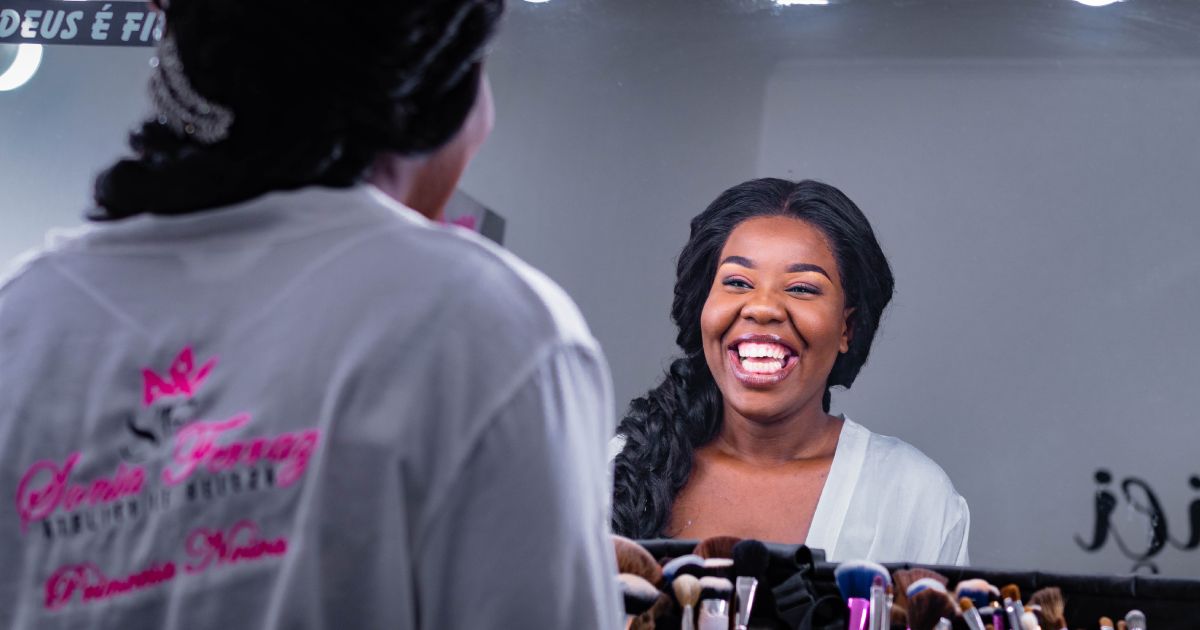The following blog is by Amy Jo Lauber originally published on her blog page.
Some years ago my husband and I started tracking our expenditures to get a handle on what we were spending. This lasted, oh, about 3 1/2 weeks. It’s not unusual to lose steam with this task. In fact a colleague, Sandi Martin wrote a hilarious post about it, you can read it here and here’s another and another about trying and failing at budgeting. My hubby and I have since tried again (and again) and I think that’s the main point: Keep trying. One time he emailed me asking, “Where does it all go and what does it all mean?”
I’m putting together a money management and budget work book; a judgment-free, mindfulness-enhancing, Biblically based version. It includes some pages to track your spending by category and then by sub category.
Guess what I left off of the original list?
Laundry detergent.
You know what else? (This is kind of embarrassing since so many people are committed to this ongoing purchase.)
Cell phone bills.
Yes sometimes these things of life go unnoticed while we journey through the typical financial cycle of working, earning money, trading money for goods and services, and repeating this cycle for what seems like forever.
I think most people assume that retirement means
they’ll be free from this cycle when, in fact,
you must actually change the steps of the cycle
and replace earnings from working with withdrawals from savings.
Perhaps people are afraid they won’t be able to make this change
and cannot figure out how to save money, any way, and therefore plan to go on with the current cycle indefinitely.
This is not inherently wrong, it’s just something to be aware of: Your perception of your own choices. After all, saving for retirement is about living for today.
I read a curious blog post by serial entrepreneur James Altucher, it was about how he lives no where and owns almost nothing. You can read it here. An element that is missing from the author’s experience is providing for a family (be it children, siblings, parents, aunts/uncles, grandparents and friends that are like family); a major component of most of our lives when it comes to money – how we earn it and how we spend it.
Speaking of spending, here is a sneak peek at the categories and sub categories I’m including in the work book so you can start to get an idea of where all of your money goes:
Housing
_____Mortgage/rent
Utilities
_____gas
_____electricity
_____phone
_____internet
_____water
_____garbage
_____property taxes
_____improvements/décor/furniture/electronics
_____insurance
_____Snow plowing/Landscaping
_____Cleaning (service, supplies)
_____Repairs/maintenance
Child care
_____babysitters/daycare/afterschool programs
Transportation
_____Car payment
_____Gas
_____Insurance
_____Maintenance/car wash
_____Bus/rail
Food/beverages
_____Groceries
_____Take-out/dining
_____Entertaining
Clothing
_____Purchases (work, play, special occasion, footwear, outerwear)
_____Cleaning/detergent/fabric softener
Personal care
_____Hair cuts/color/products
_____Spa treatments
_____Life coaching/therapy
_____Gym memberships
_____Yoga, pilates etc.
Medical, dental, vision, Rx
_____Insurance premiums
_____Co-pays
_____Over-the-counter
_____Alternative modalities
Education
_____Tuition
_____Student loan(s)
_____Books/fees
Entertainment
_____Movies, theater
_____Cable, satellite
Vacations
_____Transportation (flights, car, bus, train)
_____Lodging
_____Meals
_____Purchases
_____Parks/events
Charitable contributions
_____Cash/check
_____Via payroll deduction
_____Random school fundraisers
Miscellaneous (wait until you see this list!)
_____Cell phone
_____Postage
Pet expenses (totally worth every penny)
_____food
_____vet/meds (our beloved dog just had 31 teeth removed)
_____boarding
_____grooming
Gifts
_____birthdays
_____holidays
_____anniversary
_____graduation
_____wedding / shower / baby shower
_____cards/wrapping paper/shipping
_____Newspaper/magazines
Hobbies, sports
_____supplies
_____classes/coaching
_____memberships
Professional advisors
_____Tax preparation
_____Financial planning
Insurance
_____Life
_____Disability
_____Long-Term Care
_____Liability
Overwhelming, isn’t it? And this is only personal expenditures, I didn’t even include income or payroll taxes! I also didn’t include credit card payments or savings (short term or long term). This is because, unless you do the savings automatically and first, there will be nothing left in your budget by the time you run through this list. Don’t you wonder how your parents managed? But look at the list; so many things didn’t even exist then.
There is an exercise I ask my clients to complete which is helpful in determining what and how to change based on each of their WHY: Their individual motivations and drivers.
Getting to WHY is a matter of determining your core values (i.e. family, kindness and health) and your core needs (i.e. acceptance, harmony, and physical activity).
Once you know your WHY (what your core values and needs are, and those of your spouse and/or children if you’re a householder) you are in a position to make better choices going forward with the HOW.
For example, if one of your core values is health and one of your core needs is security, you may choose to allocate more of your spending to health and wellness as well as health insurance and savings, and choose to reduce spending in categories that may conflict with your desire to attain or maintain your mental, physical, emotional and spiritual health and/or compromise your feelings of security.
It’s not easy, but you can do this.
About the author: My mission: I help people make good financial decisions with confidence. My purpose: I help people find peace with money. As President of Lauber Financial Planning, I provide financial advice, guidance and coaching on a fee only basis (no products, no commissions). I run a monthly support group called “I HATE Budgeting (But I Like Having Money)”, offer classes and seminars, speak around the world on the psychological, sociological, spiritual and emotional aspects of personal finance, and am the author of the ground-breaking book, “Living Inspired and Financially Empowered: Aligning Our Spiritual and Material Lives.”







0 Comments